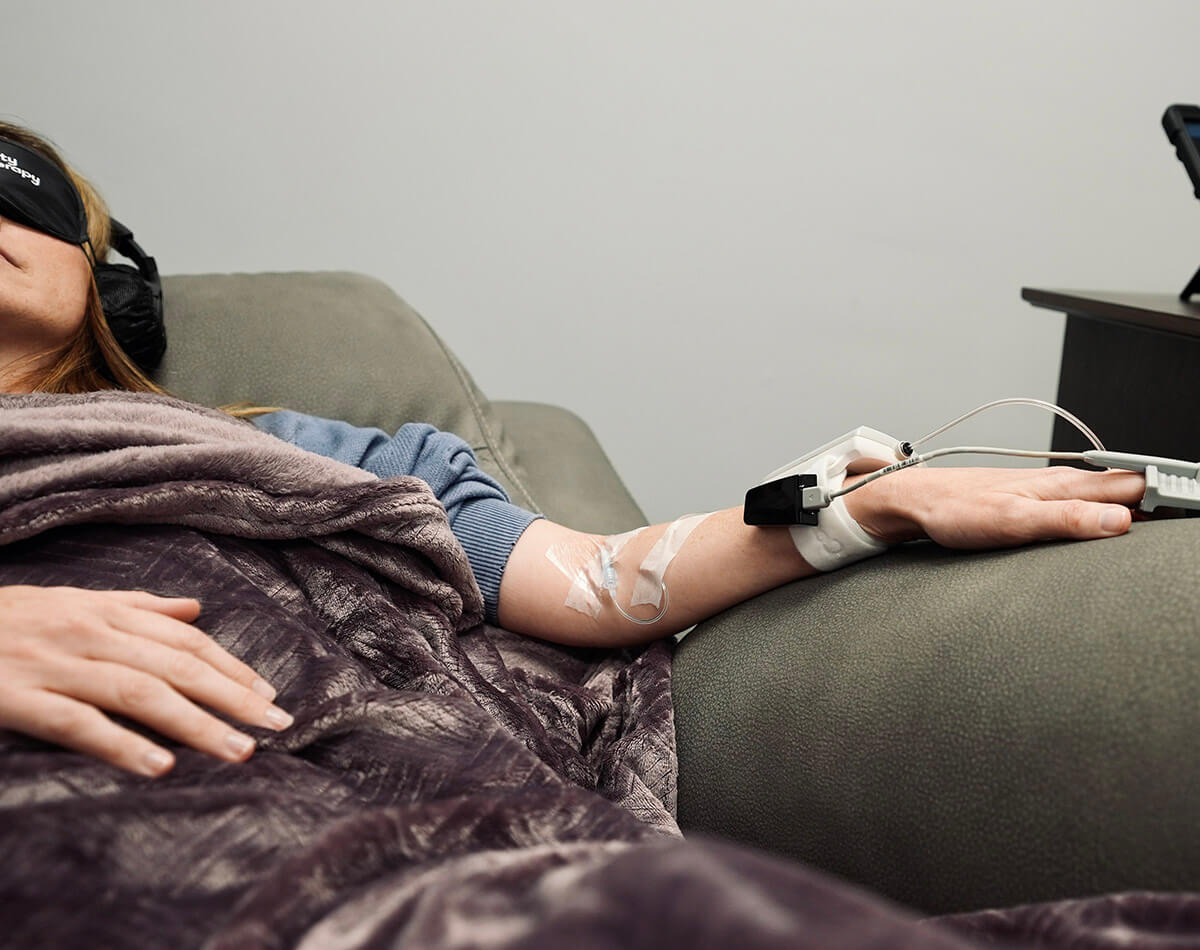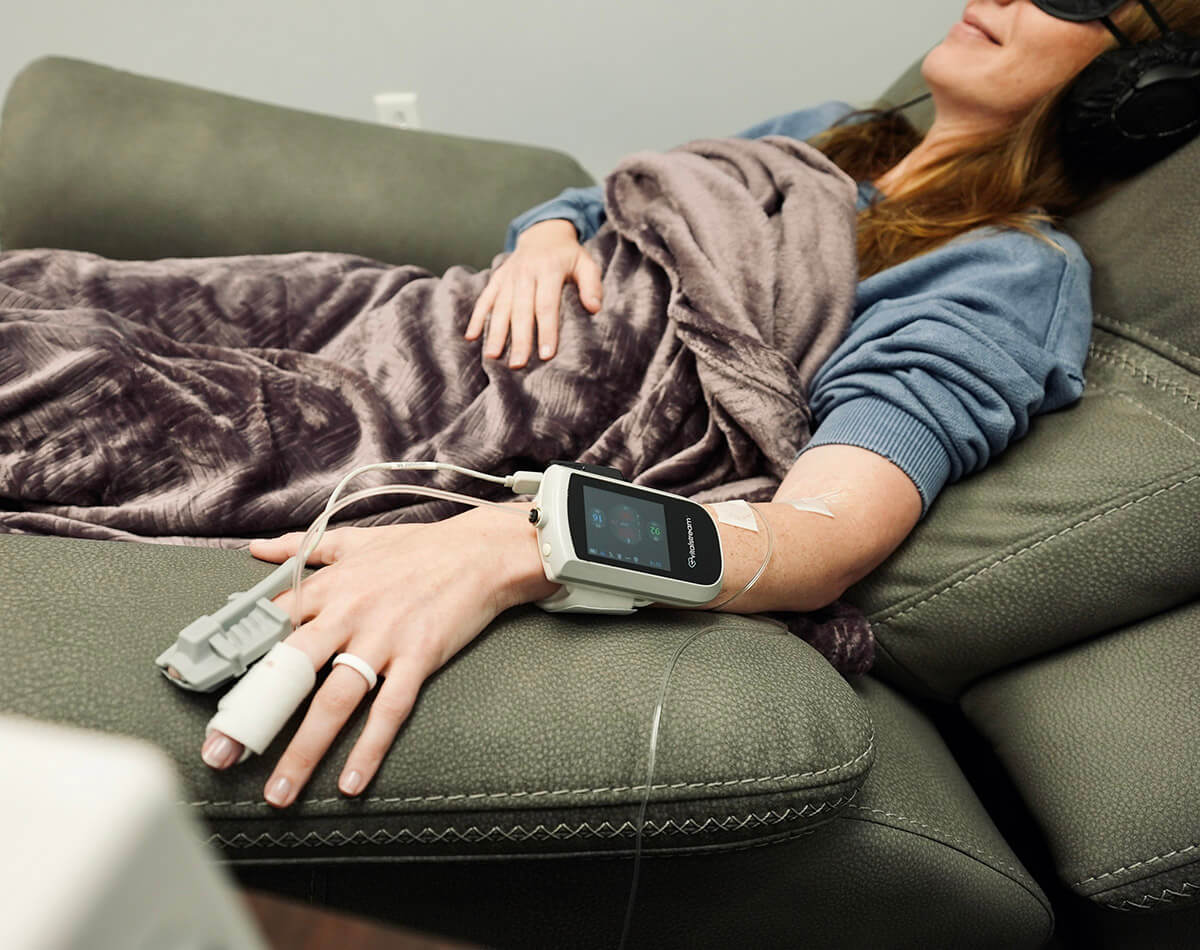Depression (major depressive disorder or clinical depression) is one of the most common mood disorders today. Trauma and prolonged periods of heightened stress make us more susceptible to experiencing episodes of depression. It can affect how we feel, think, and handle daily activities, such as sleeping, eating, or working.
Depression therapy comes in many shapes, sizes, and forms. Ketamine treatment has been found to relieve the symptoms of depression within hours, rather than the usual weeks most antidepressants can take.
Thomas Insel, the former director of the National Institute of Mental Health, described ketamine given intravenously, as one of “the most important breakthroughs in antidepressant treatment in decades.”

Ketamine works by changing the baseline of the brain. The brain responds to this change of baseline by releasing a neuroprotective and neuroregenerative protein called brain-derived neurotrophic factor (BDNF).This release of proteins repairs and protects neurons and results in the brain thinking clearer and operating optimally. When you think better, you feel better and you are able to more effectively work through traumas with your mental health provider.
Understanding more about this mental health condition helps you or your loved one get the treatment that is necessary to enjoy a more positive sense of mental wellbeing.
Depression doesn’t always look the same for everyone. It can show up in ways that are often overlooked or misunderstood. From low-level irritability to emotional exhaustion, depression can take many forms, and all of them are valid. Here are some common signs to help you identify when it’s time to seek support:
No matter how depression shows up in your life, your experience matters. At Scenic City Neurotherapy in Chattanooga, we provide evidence-based depression treatments and compassionate support to help you heal and reclaim your life.

Our neurotherapy approach focuses on stimulating large-scale neuronal regrowth and opening neural pathways, unlike traditional antidepressants that primarily boost neurotransmitters without addressing pathway repair. Think of your brain as a network of roads. Antidepressants are like adding more cars, but if the roads are closed, those cars won’t reach their destination. Our therapy works to repair and reopen these pathways, allowing signals to flow freely and restoring effective brain communication.
Whether or not antidepressants are part of your treatment, our goal is to enhance your brain’s ability to communicate by optimizing these neural pathways. Without this, it’s like driving on blocked roads – progress is limited.
Battling depression can be difficult, especially with so many antidepressants on the market. Ketamine treatment provides fast, effective relief of depression symptoms. If you or a loved one is searching for depression treatment in Chattanooga, we can help.

Monday: 9 A.M. – 7 P.M.
Tuesday: 9 A.M. – 7 P.M.
Wednesday: 9 A.M. – 7 P.M.
Thursday: 9 A.M. – 7 P.M.
Friday: 9 A.M. – 7 P.M.
Saturday: We’re Closed
Sunday: 9 A.M. – 7 P.M.